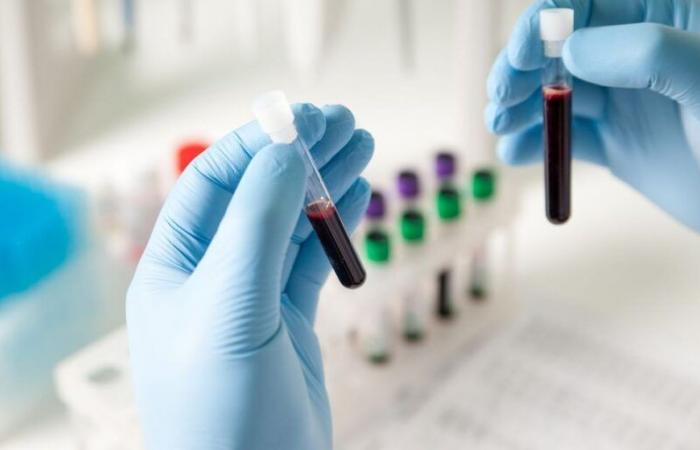The research center of the Pasqual Maragall Foundation (@fpMaragall), Barcelonaβeta Brain Research Center (BBRC), expands its scientific activity with the creation of the new research group in neurological disease models, led by DRA. Sandra Acosta.
This new team aims to develop advanced cellular models to study the mechanisms involved in Diseases such as Alzheimer’s and move towards new therapeutic strategies.
With this incorporation, the BBRC already has six specialized research groups that address key areas such as risk factors, neuroimaging, fluid biomarkers, genomics and aging biology. According to the World Health Organizationmore than 55 million people currently live with dementia worldwide, the Alzheimer’s cause being the most common cause.
This figure, constantly increasing due to population aging, makes these pathologies In one of the greatest scientific and social challenges today. The new group will focus on the development and application of advanced cellular models, such as brain organoids derived from induced pluripotent stem cells (IPSC), which allow to study in the laboratory key processes involved in neurodegeneration.
These three -dimensional cell models reproduce, on a small scale, the structure and functioning of the human brain, which allows to observe in detail key processes such as the Neuroinflamationthe accumulation of toxic proteins or cell death. This innovative approach will facilitate the identification of new therapeutic and biomarker strategies for the early diagnosis of Alzheimer’s.
“It is an honor to join the BBRC team and Lead this new research group. Our goal is to use advanced cellular models to better understand the mechanisms that underlie neurodegenerative diseases such as Alzheimer’s, hoping to identify new therapeutic strategies, “says Dr. Acosta.
Sandra Acosta, Doctor of molecular and cellular biology from the University of Barcelona, has developed a solid international trajectory in renowned institutions such as the Bruxelles Free University and Northwestern University. Its multidisciplinary approach combines development biology, functional genomics and artificial intelligence, and has been a pioneer in the development of new tools applied to the study of brain organoids to unravel the mechanisms that underlie neurological disorders.
He is currently Professor Serra-Húnter at the Faculty of Medicine of Bellvitge (UB), leads the functional neurogenomic group and collaborates with the Sant Joan de Déu Research Institute.
The group that will lead to the BBRC will also promote the development of A personalized medicine platformwhich will integrate biological and clinical data in order to predict the evolution of the disease and adapt the treatments to each patient.
This line of work will also allow to detect therapeutic windows and safely evaluate new drugs in an experimental phase.
Dr. Acosta Grupo’s group is incorporated into An already consolidated research ecosystem In the BBRC, formed so far by five specialized research teams in the Alzheimer’s study, neurodegenerative diseases through the unique impact on prevention, early detection and treatment.
With this incorporation, the center reinforces its commitment to translational research, aimed at transferring the progress of the laboratory to clinical practice. This new line adds to the work that the BBRC carries out in the study of the preclinical phase of Alzheimer’s, a silent, but critical period, in which brain alterations are already produced before the first symptoms appear. Detect these changes early It is key to developing preventive strategies able to stop or even avoid the appearance of the disease.






